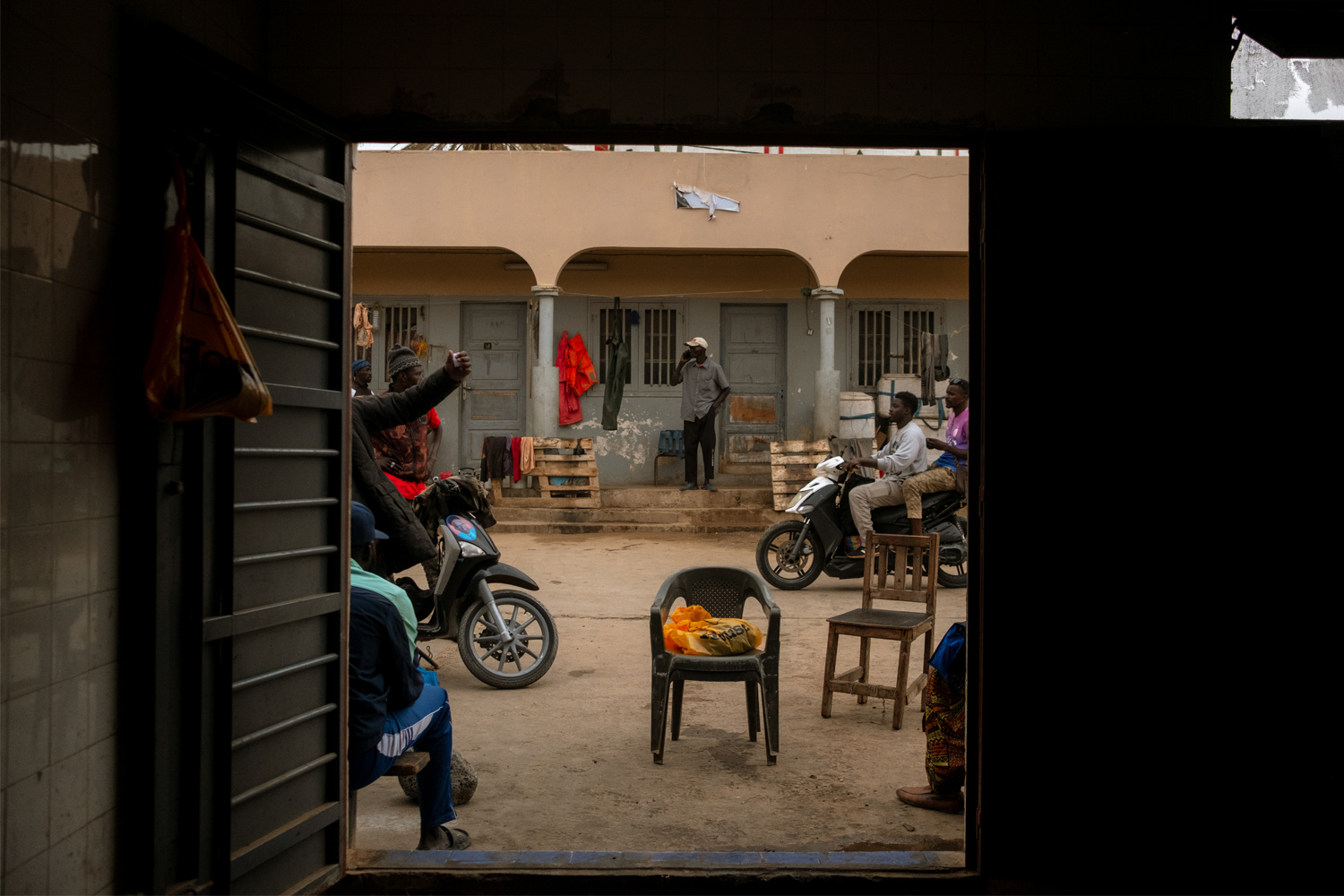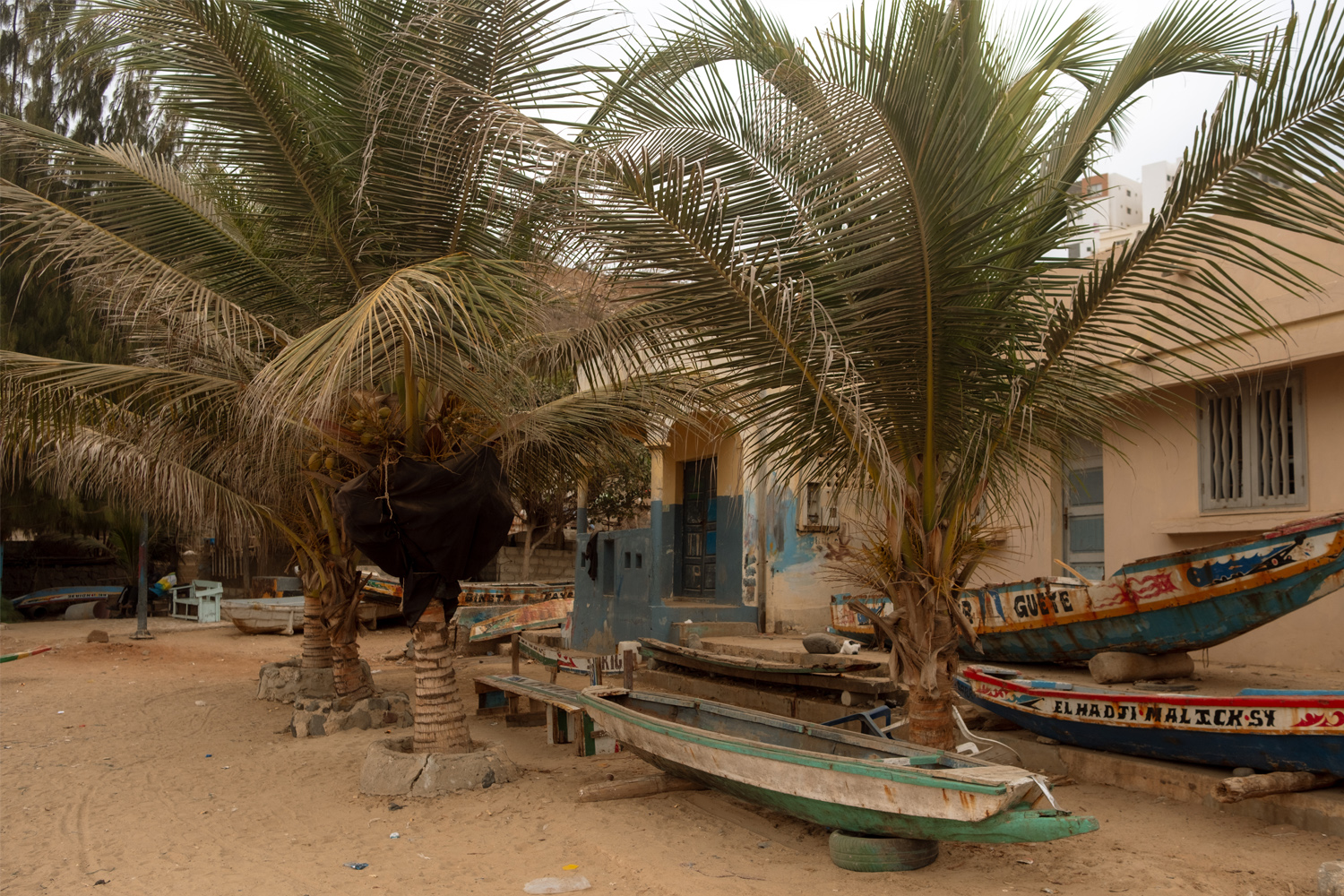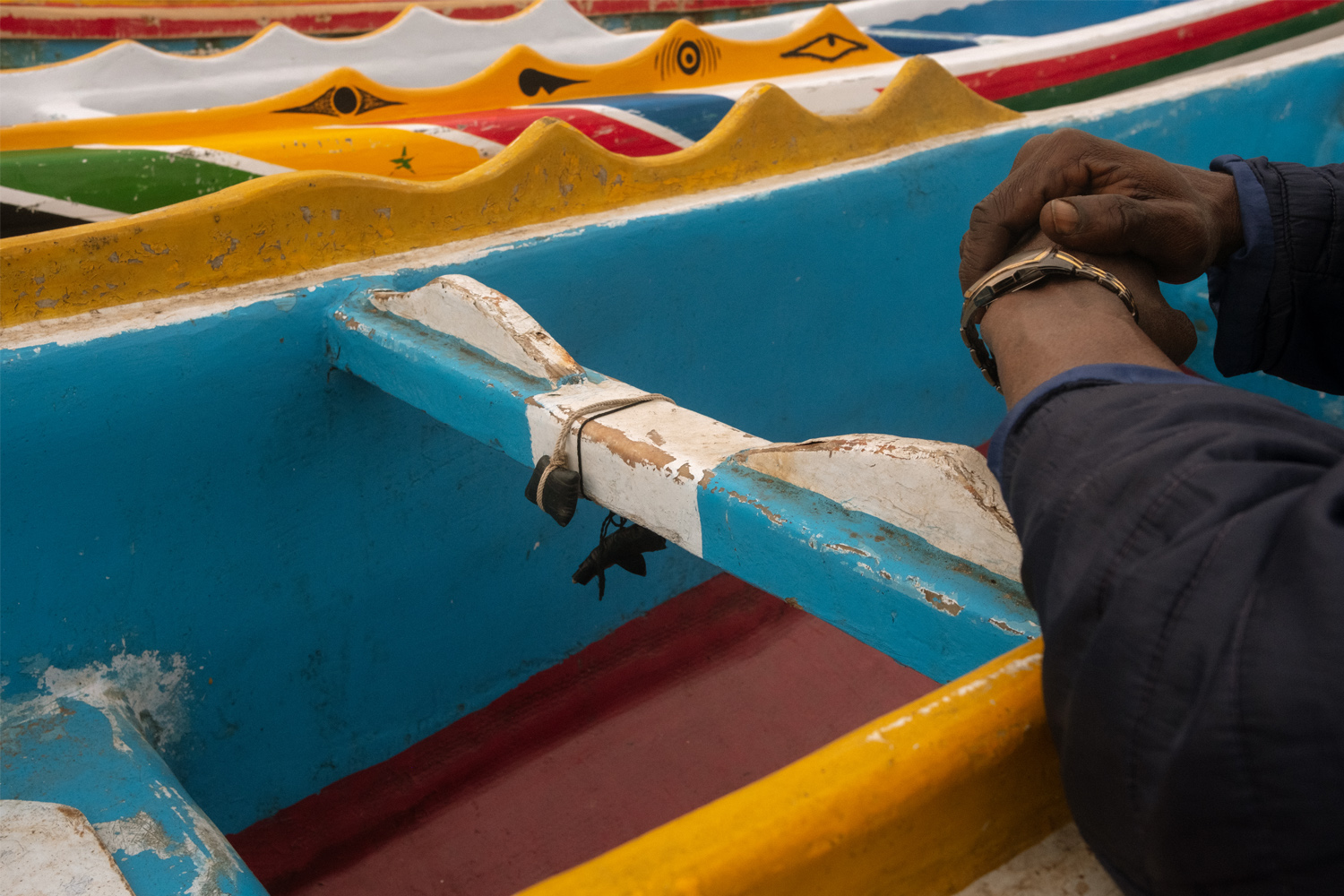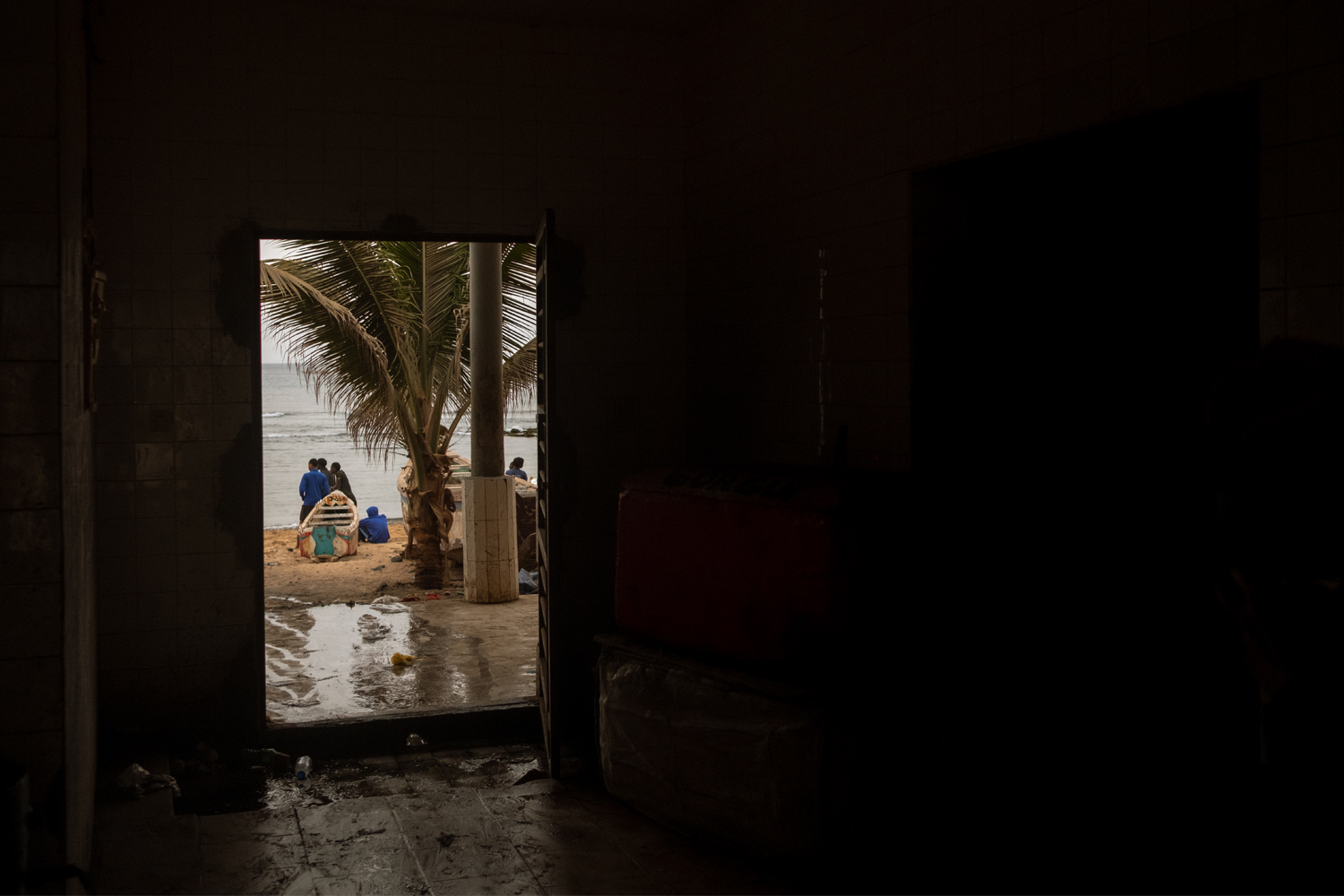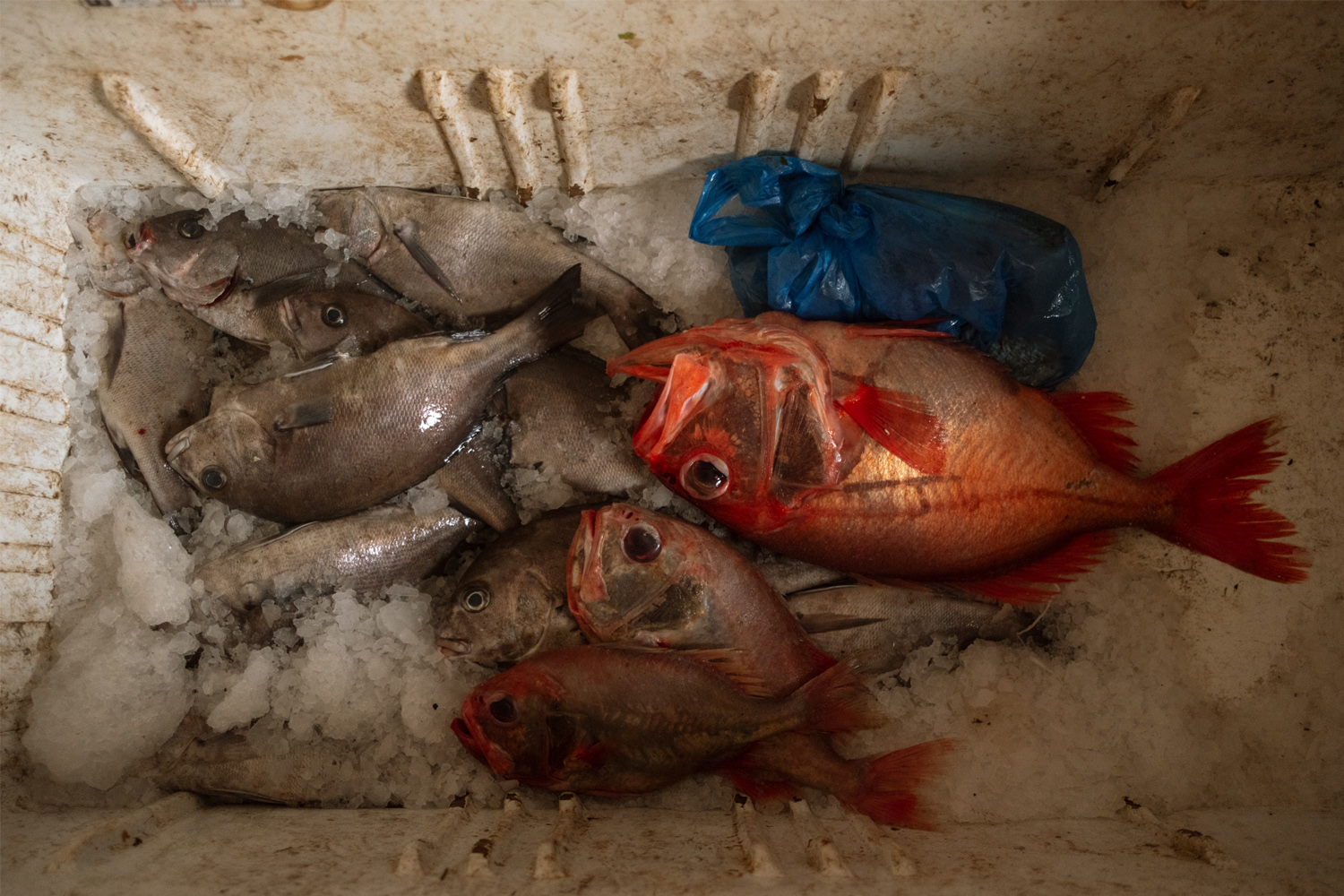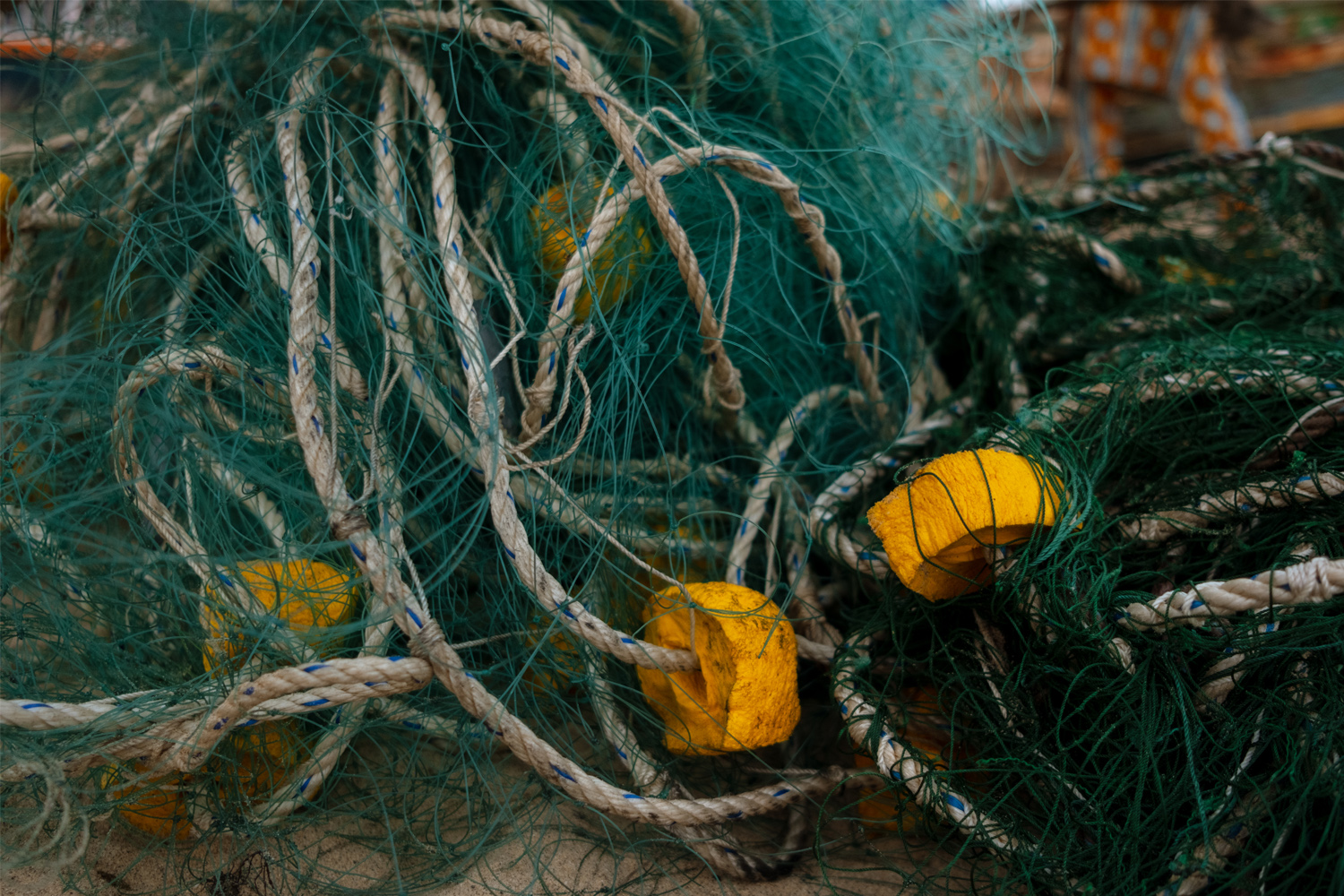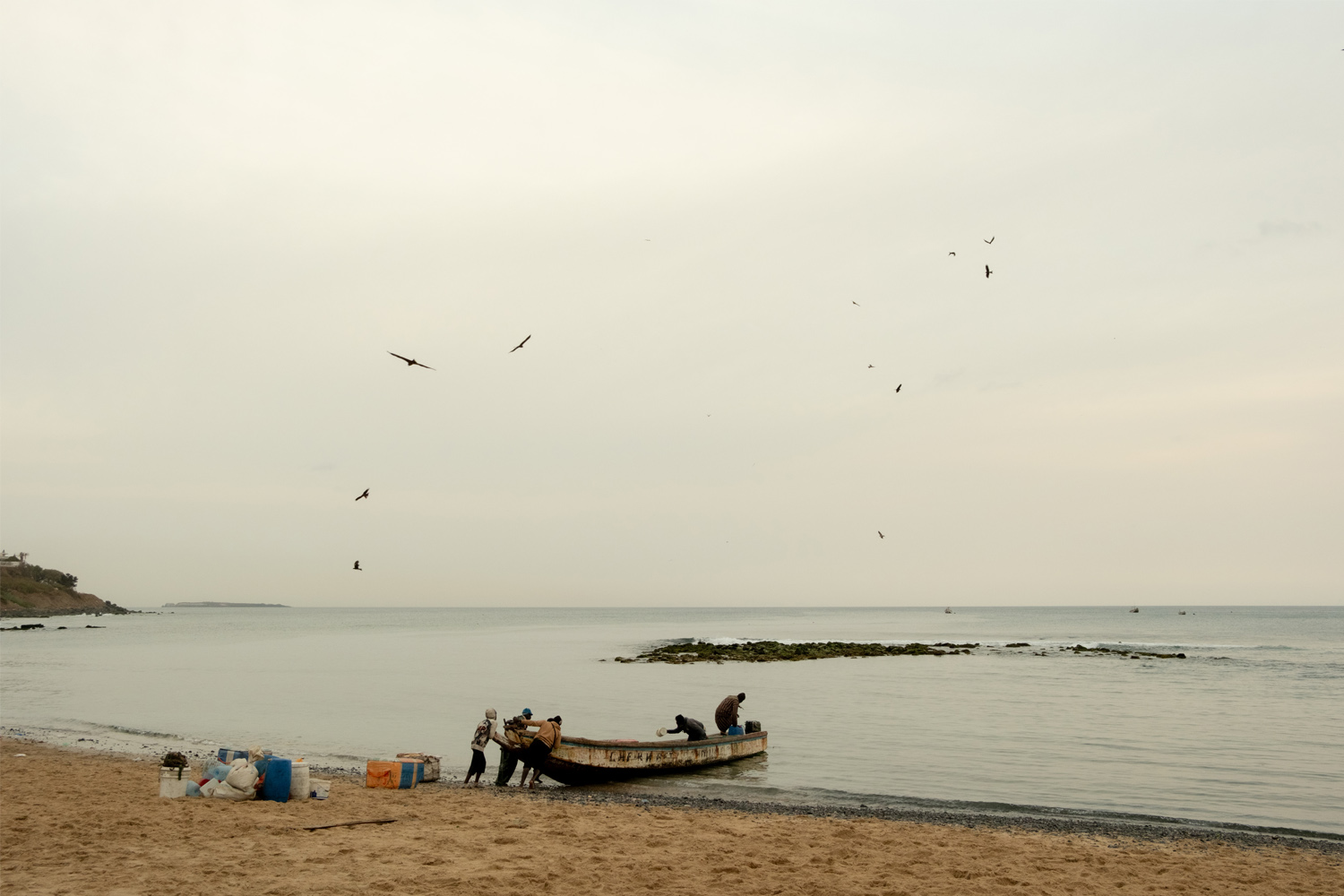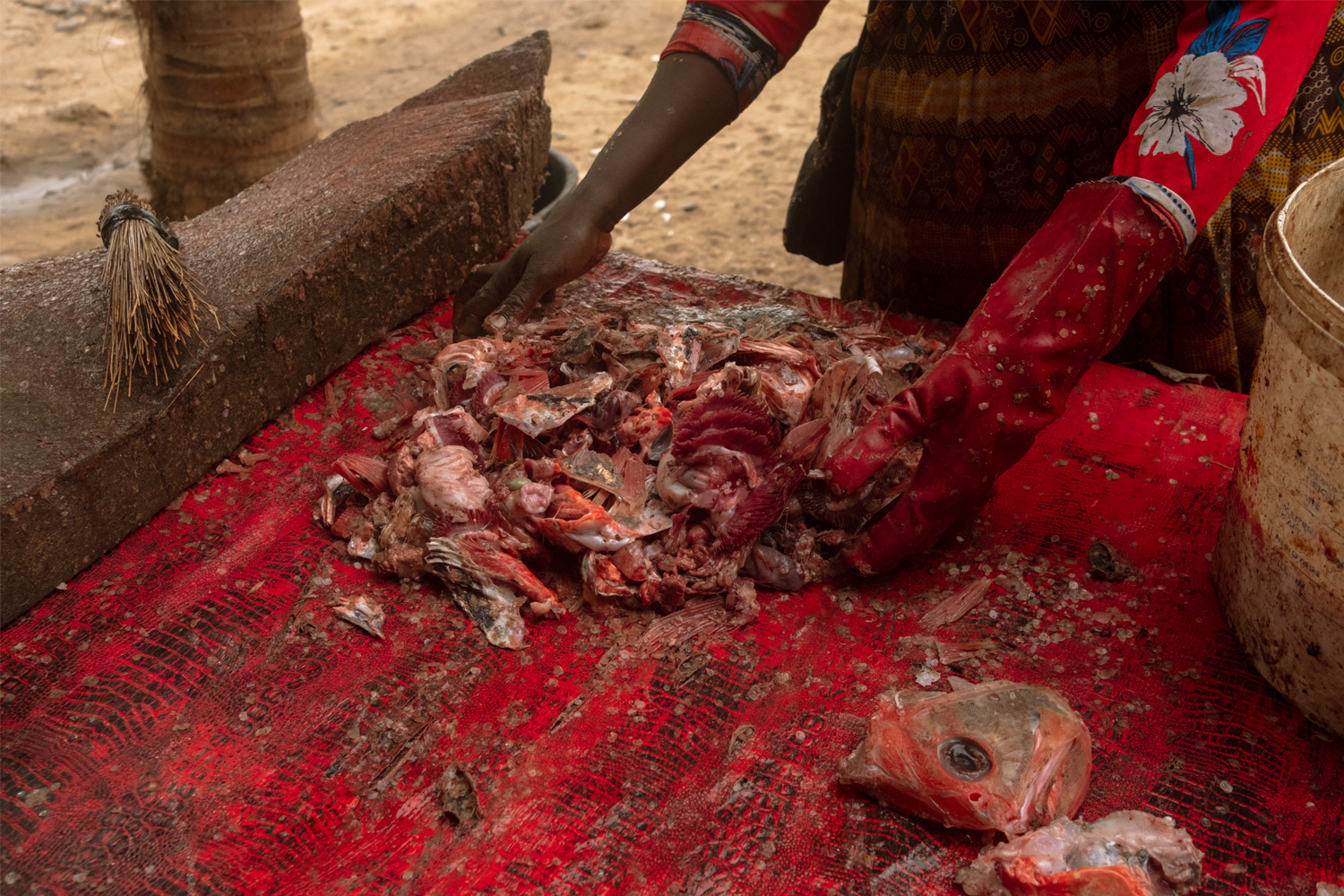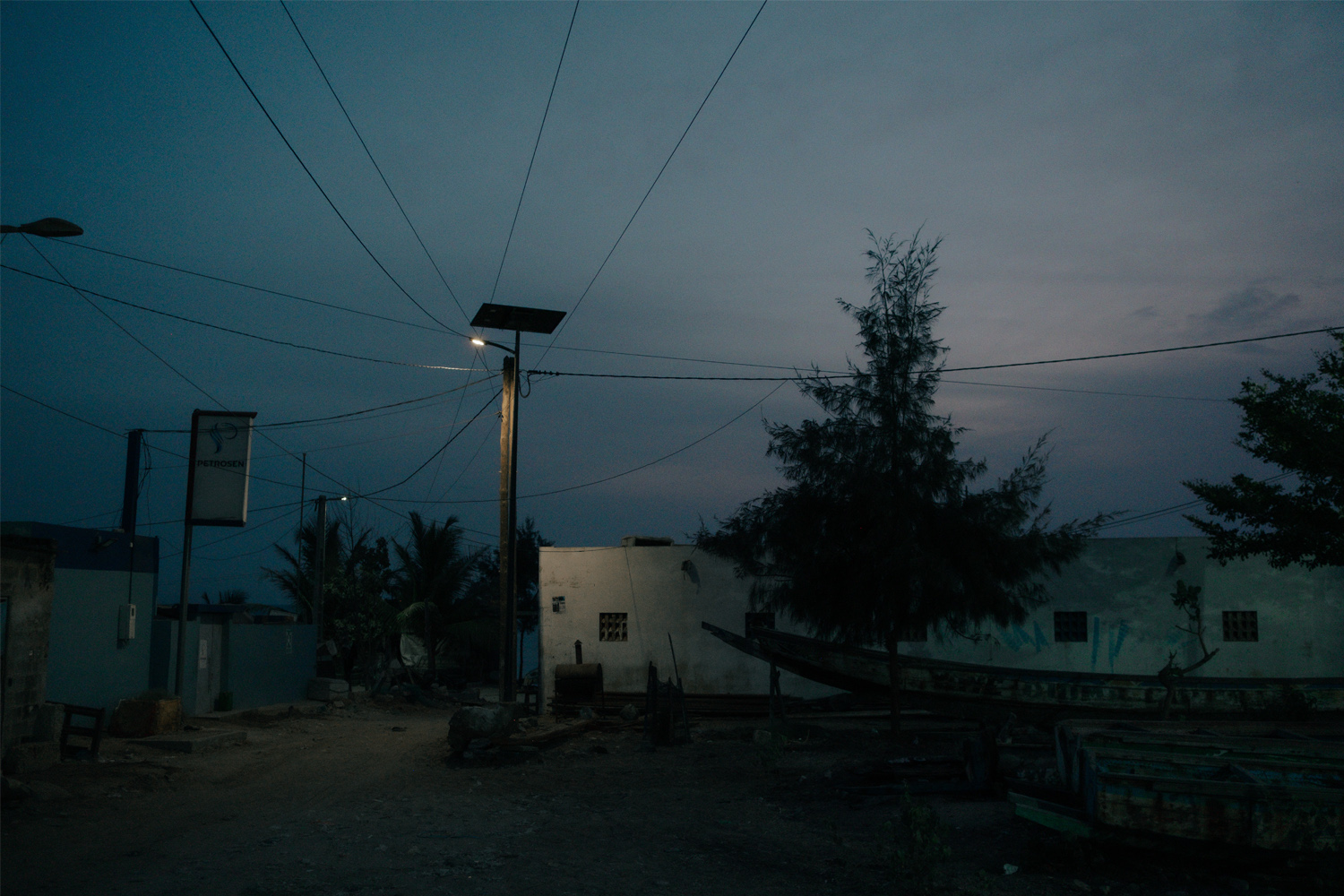By the Sea: Fishing, Family, and Survival in Oakam
At dusk, the coastline of Ouakam, the second largest fishing port in the city of Dakar, hums with the rhythm of the industry—wooden pirogues pulling up to shore, fishermen hauling in coolers heavy with the day’s catch, and women tossing the discard of their inventory back into the Atlantic.
For generations, this coastal community has relied on the ocean, but rising pressures from foreign fleets and climate change pose a threat to these waters and, in turn, an entire way of life. Each boat is marked with familial sentiment and, as one fisherman described, “African juju,” a nod to ancestral roots and a token of favor.
As the tides shift, so too must the community, adapting with ingenuity, solidarity, and a longstanding connection to the sea.
